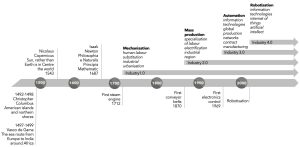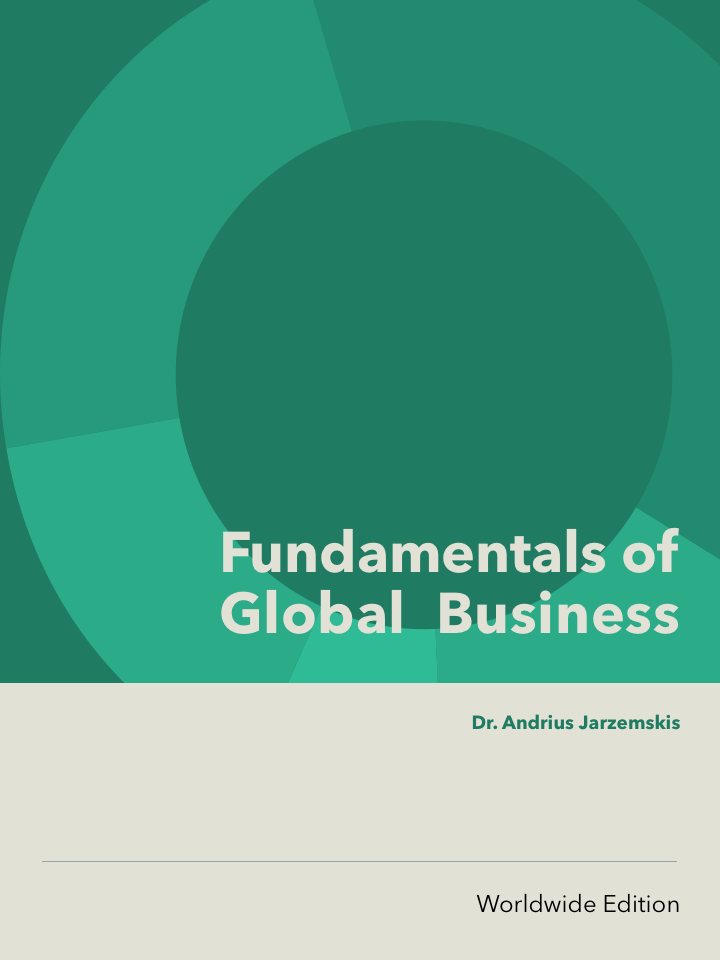This section presents the roots, history and consequences of industrial revolutions that changed the world in very short period of time. The end of the 18th century saw the Industrial Revolution’s start in England’s three industries: textiles, metallurgy, and energy. It was the result of the application of scientific inventions to the development of various mechanisms and machines. Man’s physical strength was replaced in many places by the power of machines. Many industries became more capital-intensive and less receptive to human labour. It can be argued that the Industrial Revolution has only made capitalism more capitalist, increased the importance of capital, and reduced the importance of the worker. This contributed significantly to England’s consolidation as a colonial power and its emergence as a world trade leader.
Ex. 2‑18 1-4 industrial revolutions

Keywords: mechanisation, mass production, automations, robotisation
Share or comment this information on your social media:
Check Ebook

The paperback book is being prepared for publication. The electronic book will be available for purchase from September 2024.
A.1 Theories of international economics
- The origins and genesis of globalisation in different eras
- Evolutions and shift of world economic powers and trade
- Evolution of money as unit of exchange
- The first international companies
- Mobility and communication technologies as key enablers of globalisation
- Industrial revolutions
- Differences of international business in Fordism and post-Fordism
- Questions for Chapter Review
- Chapter Bibliography
About author
The author has been teaching at several universities since 2005. 40+ scientific publications, 10+ international research projects. More about author.